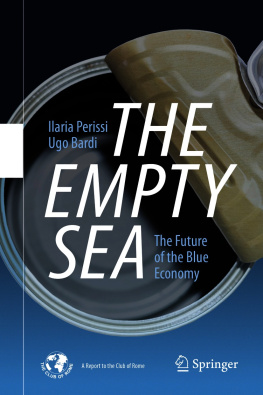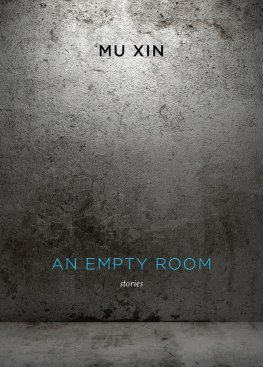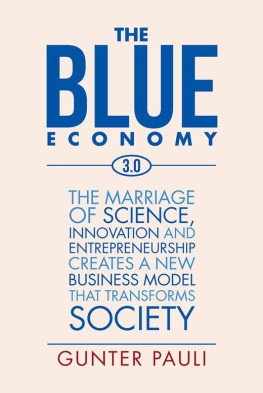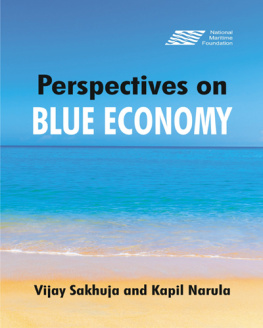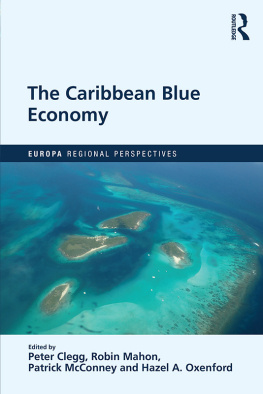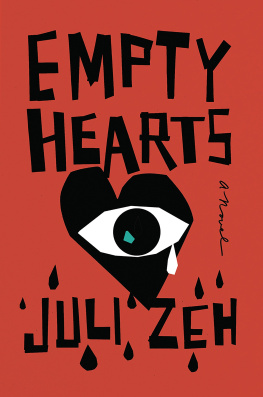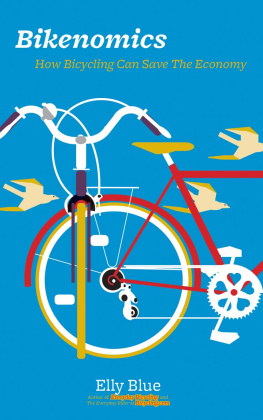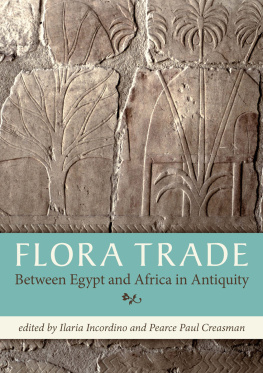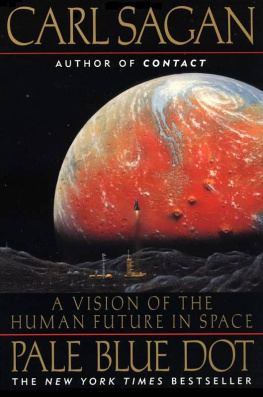Ilaria Perissi - The Empty Sea: The Future of the Blue Economy
Here you can read online Ilaria Perissi - The Empty Sea: The Future of the Blue Economy full text of the book (entire story) in english for free. Download pdf and epub, get meaning, cover and reviews about this ebook. year: 2021, publisher: Springer International Publishing, genre: Art. Description of the work, (preface) as well as reviews are available. Best literature library LitArk.com created for fans of good reading and offers a wide selection of genres:
Romance novel
Science fiction
Adventure
Detective
Science
History
Home and family
Prose
Art
Politics
Computer
Non-fiction
Religion
Business
Children
Humor
Choose a favorite category and find really read worthwhile books. Enjoy immersion in the world of imagination, feel the emotions of the characters or learn something new for yourself, make an fascinating discovery.
- Book:The Empty Sea: The Future of the Blue Economy
- Author:
- Publisher:Springer International Publishing
- Genre:
- Year:2021
- Rating:3 / 5
- Favourites:Add to favourites
- Your mark:
- 60
- 1
- 2
- 3
- 4
- 5
The Empty Sea: The Future of the Blue Economy: summary, description and annotation
We offer to read an annotation, description, summary or preface (depends on what the author of the book "The Empty Sea: The Future of the Blue Economy" wrote himself). If you haven't found the necessary information about the book — write in the comments, we will try to find it.
The Empty Sea: The Future of the Blue Economy — read online for free the complete book (whole text) full work
Below is the text of the book, divided by pages. System saving the place of the last page read, allows you to conveniently read the book "The Empty Sea: The Future of the Blue Economy" online for free, without having to search again every time where you left off. Put a bookmark, and you can go to the page where you finished reading at any time.
Font size:
Interval:
Bookmark:
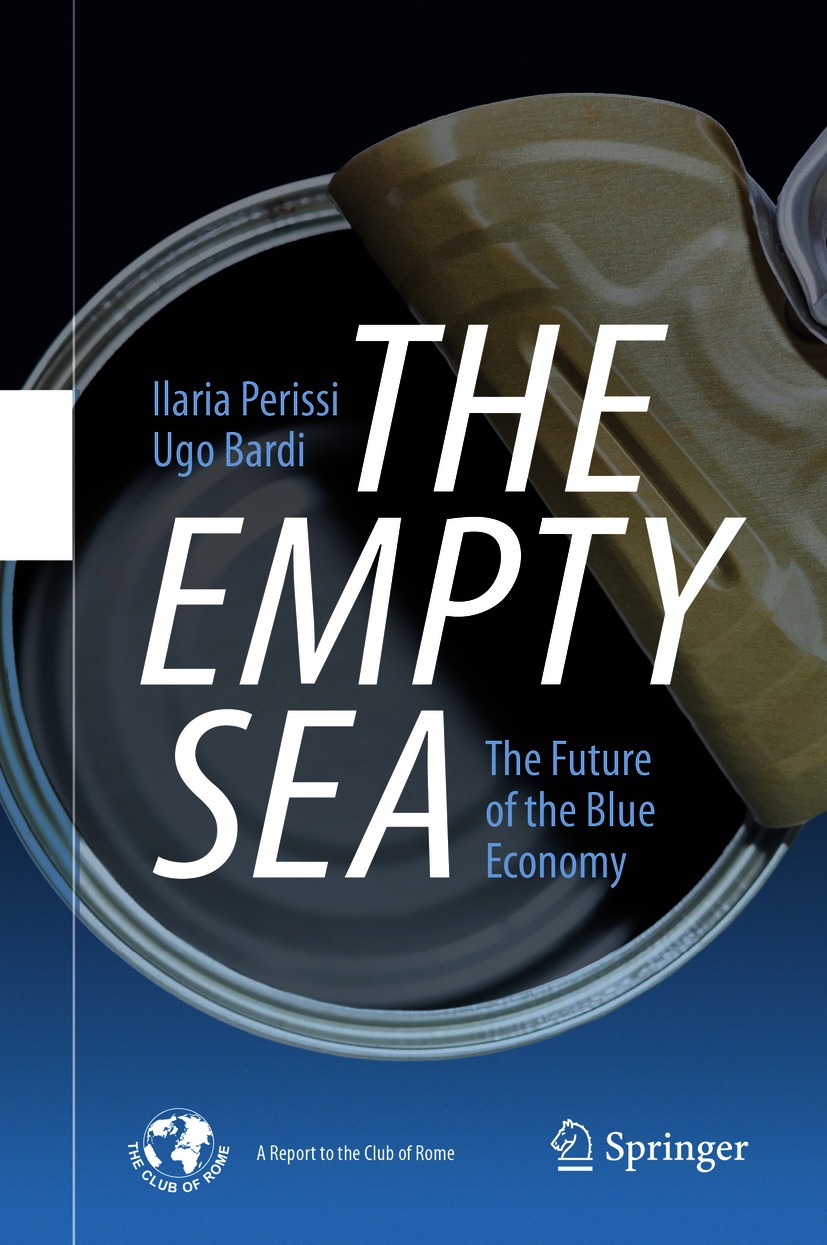

This Springer imprint is published by the registered company Springer Nature Switzerland AG
The registered company address is: Gewerbestrasse 11, 6330 Cham, Switzerland
Ilaria dedicates this book (her first) to her daughter Viola, who was 7 years old while we were writing it, with the hope that the sea will remain clean, beautiful, and full of fish, whales, dolphins, and all the rest when she will grow up.
Ugo dedicates this book to the sperm whale Giovanni, with the hope that he can swim free and happy for many years in his sea, the International Cetacean Sanctuary in the Tyrrhenian Sea.
It is with great pleasure that we present this new report to the Club of Rome. The Empty Sea is the latest important publication of a long series of seminal reports that started in 1972 with the well-known study titled The Limits to Growth. The present report is dedicated to the future of the marine economy, often called The Blue Economy. It is a joint work by two experts in the field of natural resources: Ugo Bardi is a full member of the Club of Rome, well known for his studies on resource depletion, while Ilaria Perissi is a relatively new but exciting entrant in this field due to her innovative studies on the overexploitation of marine resources and on climate change mitigation.
The Empty Sea complements previous studies sponsored by the Club of Rome by applying a systemic approach to ensure that we understand the importance of the marine economy as an integral part of our natural ecosystem. It is a view that The Limits to Growth introduced in 1972 as a major innovation in economics that up to then (and, unfortunately, still now) tended to see the ecosystem just as an externality resulting in the underestimation of its importance. The Empty Sea gives us the first innovative research effort to successfully apply the dynamic models used in The Limits to Growth to the marine economy. This book could rightly be seen as a continuation of that early study and we could call it The Limits to Growth of the Oceans.
The results presented in this book are especially relevant given the current scramble to exploit the sea as the Blue Economy. This over-zealous, unmitigated frenzy on the exploitation of the sea is raising too many expectations and creating a rampant blue acceleration. The sea is now seen as the new frontier that will provide humankind with abundant new resources of food, minerals, and energy.
It is not the intention of the authors to underplay the importance of these resources for humankind as they clearly show us that the sea does indeed contain vast resources, in many cases much less exploited than those on land. But it does invite all of us to seriously reflect on a fundamental truth: all resources, no matter how abundant in the beginning, are subjected to overexploitation. It doesnt matter if a resource is renewable or non-renewable. In most cases, overexploitation means losing it forever. We know that many of todays fish stocks have been destroyed by overfishing and in several cases reported in the book they have not had the time to properly regenerate and perhaps never will.
The Empty Sea provides a deep word of warning to the world: We probably can, if we want, transform the blue and rich sea into a stinking brown puddle. And, if the exploitation of the seas continues at the present rate, that is the risk we face. The key question this book addresses is the reason of our compulsive need as humans to destroy the resources that give us life. The answer lies in our tendency to continue to think using an obsolete paradigm that sees continued economic growth as the ultimate solution to all problems and always a good thing. But growth is obtained not only at the expense of the ecosystem, but also at the expense of poor people of the world, who are exploited, mistreated, and discriminated against. They are the first to experience the disastrous effects of ecosystem destruction.
We need a change of paradigm to return to seeing harmony and social justice as the way to manage our society instead of competition and profit, which is the dominant current view. Only in this way can we create a sustainable and resilient society, able to develop effective emergency plans and long-term systems shifts to effectively emerge out of our self-imposed planetary emergency, working collaboratively to promote well-being for people and planet.
This book fits perfectly into the tradition of the Clubs reports. It is NOT an academic tome destined for the bookshelves, but rather a well-informed perspective on the importance of the marine environment to human survival, and is engagingly written with the view that it should be read and understood by many. It contains plenty of historical notes, interludes on various aspects of the human interaction with the sea, including ancient art, literature, and myths. This is captured by the image of the two authors dressed as Captain Ahab and as Moby Dick, the whale, playing the drama of whale hunting in a theatrical performance.
We hope you will enjoy this rich publication as one more offering of the Club of Rome to challenge all of us to become better stewards of our planet. This is another reminder of our responsibility as humankind to protect the endowments that our biosphere has so generously gifted us, and ensure that ecosystems are properly protected and preserved now to assure we emerge from the emergency and leave a healthy planet for generations yet to be born.
Font size:
Interval:
Bookmark:
Similar books «The Empty Sea: The Future of the Blue Economy»
Look at similar books to The Empty Sea: The Future of the Blue Economy. We have selected literature similar in name and meaning in the hope of providing readers with more options to find new, interesting, not yet read works.
Discussion, reviews of the book The Empty Sea: The Future of the Blue Economy and just readers' own opinions. Leave your comments, write what you think about the work, its meaning or the main characters. Specify what exactly you liked and what you didn't like, and why you think so.

